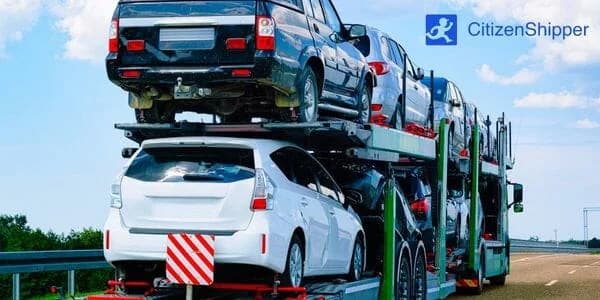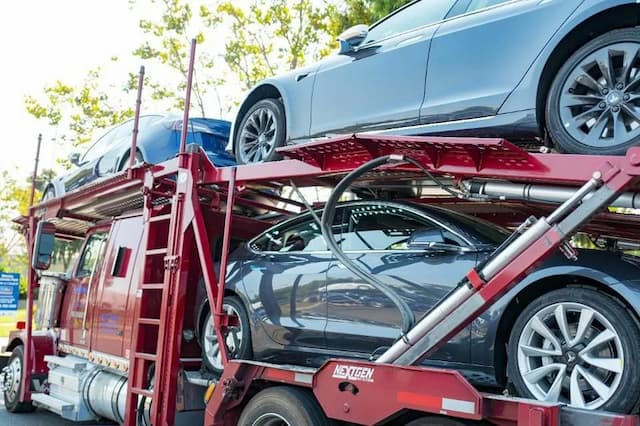Navigating Car Transport in Jacksonville, FL
When it comes to shipping your car in Florida, there's a world of factors to consider. Florida, with its unique coastal geography, hurricane seasons, and urban traffic challenges, presents a distinct set of circumstances. But don't worry! Here at CitizenShipper, we are committed to helping you navigate through it all. Whether you're moving into or out of Jacksonville or need to transport your car for any reason, our expert team is here to help.
Florida's Vehicle Transportation Laws & Regulations
In Florida, car transportation laws and regulations are in place to ensure the safety and preservation of all vehicles and public roadways. Auto transporters must adhere to the Federal Motor Carrier Safety Administration (FMCSA) regulations for safety. Compliance involves ensuring that all vehicles are properly secured during transport and maintaining necessary documents for every shipped vehicle.
All auto transporters operating in Florida must also possess an active MC Docket number, issued by the FMCSA. This number signifies that a transportation company is registered under the federal government, allowing them to legally operate across state lines. Additionally, Florida requires all commercial transporters to carry adequate insurance coverage, with minimum liability requirements that protect your vehicle during transit.
Weather & Terrain Considerations in Jacksonville, FL
Weather patterns in Jacksonville, FL have a significant impact on car shipping. With a humid subtropical climate, Jacksonville experiences hot, humid summers and mild, drier winters. Hurricane season (June through November) can bring severe weather that may delay shipments or alter routes, particularly along coastal areas. Spring and fall typically offer the most reliable shipping conditions.
Jacksonville's terrain is predominantly flat with numerous waterways including the St. Johns River cutting through the city. While Florida doesn't have mountains, Jacksonville's numerous bridges, including the Dames Point Bridge and Buckman Bridge, can occasionally create traffic congestion affecting transport schedules. The city's position as a major logistics hub with access to I-95 and I-10 generally facilitates smooth vehicle transportation, but urban traffic during peak tourist seasons and rush hours should be factored into delivery timelines.








